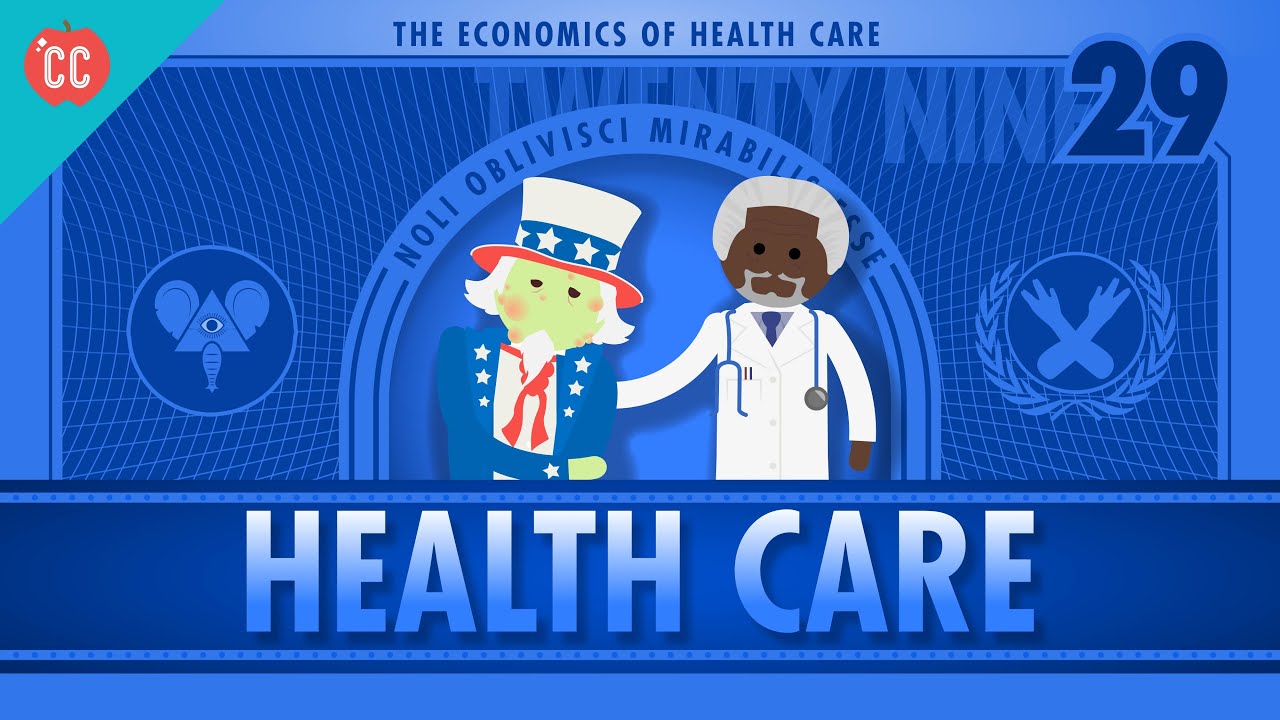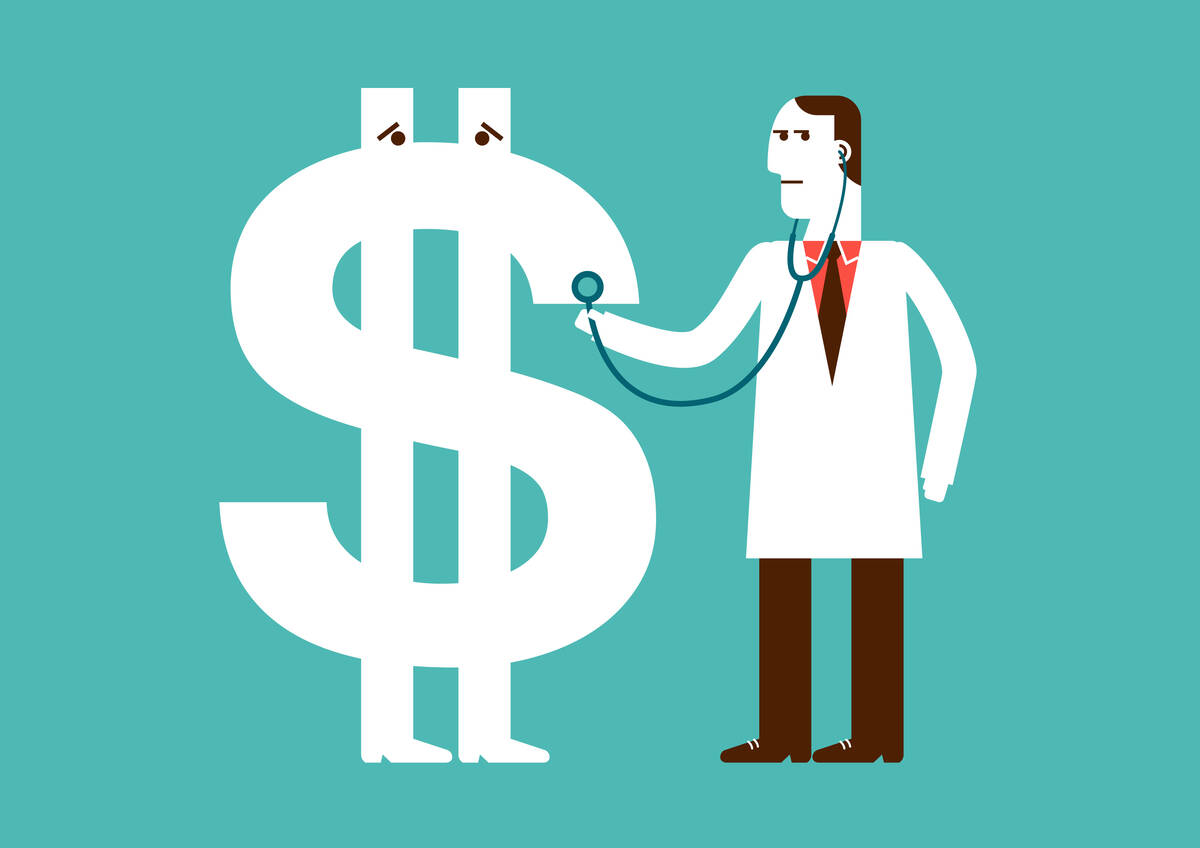As millions of Americans rely on Medicare for their health coverage, alarming news has surfaced that could affect their future security. The latest Social Security and Medicare Trustees Report reveals a looming crisis: Medicare funds are projected to fall short within the next decade, raising concerns about the sustainability of healthcare benefits for seniors.

The Countdown Begins
According to the Trustees’ annual report, by 2036, Medicare’s healthcare revenues will only be able to cover 89% of its estimated expenditures, with projections worsening to 87% by 2048. This stark forecast has set off alarms among policymakers and the public alike. Michael Peterson, CEO of the Peter G. Peterson Foundation, highlighted the urgency of the situation, stating, “Today’s Trustees reports drive home the fact that the clock is ticking down on automatic cuts to Social Security and Medicare.” Peterson’s warning underscores a critical need for intervention to avoid significant reductions in benefits that could impact millions of Americans.

An Imminent Challenge
The challenge is immediate. By 2027, the gap between Medicare’s costs and revenues is expected to exceed 45%, prompting the need for swift legislative action. This timeline coincides with the government’s fiscal projections, which require the President to propose solutions to Congress right after the 2026 budget submission. “We are committed to steps that would protect and strengthen these programs that Americans rely on for a secure retirement,” asserted Janet Yellen, the Treasury Secretary, signaling a governmental acknowledgment of the looming financial shortfall.
We must increase the debt ceiling to offset the #GOPTaxScam. Reducing Social Security & Medicare is not an option. Not increasing could
👉downgrade our credit
👉cause a financial crisis
👉cause recession
👉increase mortgage prices
👉bankrupt economy
👉decrease 401Ks & Retirement pic.twitter.com/MyMaS4dyIn— 🎹Timothy Turner💙🇺🇸🇬🇧 #Blue #GoodTrouble #FBR (@maestrotimothy) January 19, 2023
Political Commitments and Proposals
The state of Medicare has not only become a financial issue but a central theme in national politics. President Joe Biden has vocally opposed any cuts to Medicare and Social Security, proposing instead to increase taxes on those earning above $400,000 to help fund these vital programs. “If anyone wants to cut Social Security and Medicare or raise the retirement age again, I will stop them,” Biden declared in a State of the Union address, positioning himself as a defender of these benefits.

On the other hand, proposals from various political quarters suggest different approaches. Some suggest raising the retirement age and reducing benefits, while others propose increasing the payroll tax rate or cutting benefits to ensure the programs’ viability.
Public Sentiment and Concerns
The American public, particularly those benefiting from healthcare coverage, is deeply concerned about these developments. A recent eHealth survey indicated that 74% of healthcare beneficiaries are worried about the program’s sustainability, yet 97% oppose any changes that would affect their benefits. This sentiment reflects a broader reluctance to alter a system that many depend on, despite the financial realities facing it.
Alex Beene, a financial literacy instructor, explains the severity of the situation: “The amount of funding healthcare is expected to have is just not keeping up with rising expenses in the health care space. We’re only a few years away from a probable inability to fully cover the costs needed for everyone in the program.” Beene’s comments highlight the growing tension between the current funding model and the escalating costs driven by inflation and increased demand from an aging population.
Safeguarding Medicare: A Moral Imperative for Future Generations
The path forward is fraught with tough decisions. Legislators and stakeholders must balance the need to maintain robust healthcare benefits with the realities of fiscal constraints. Whether through additional taxes, reallocating funds from other budget areas, or even increasing money supply, choices made today will determine the security of Medicare for future generations.
As discussions continue and solutions are debated, one thing remains clear: the need for timely and effective action is imperative to prevent a healthcare crisis that could leave many vulnerable seniors without sufficient coverage. The journey to safeguarding Medicare is not just a policy challenge—it’s a moral imperative to protect those who have spent a lifetime contributing to our society.










